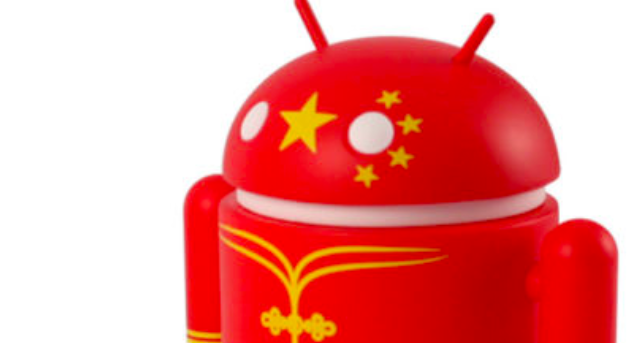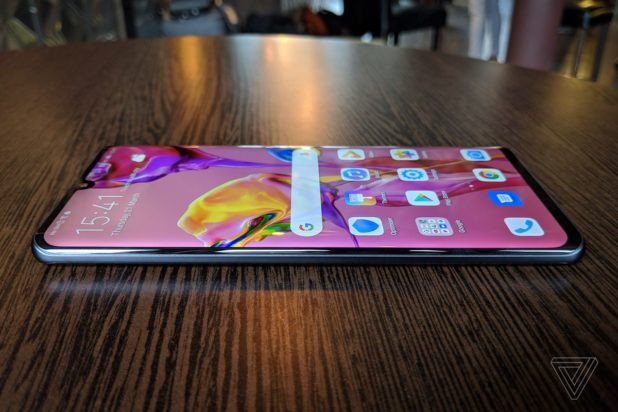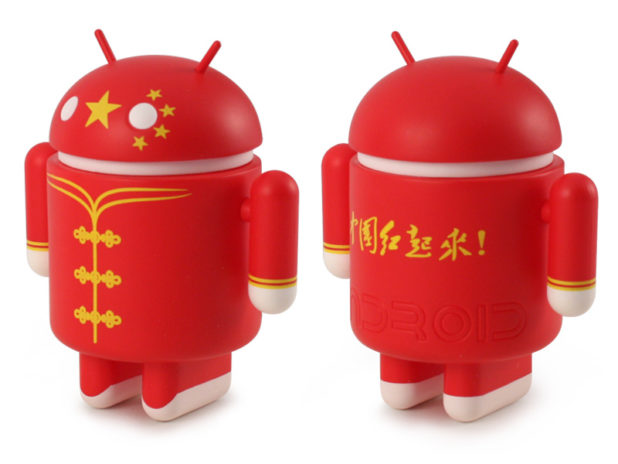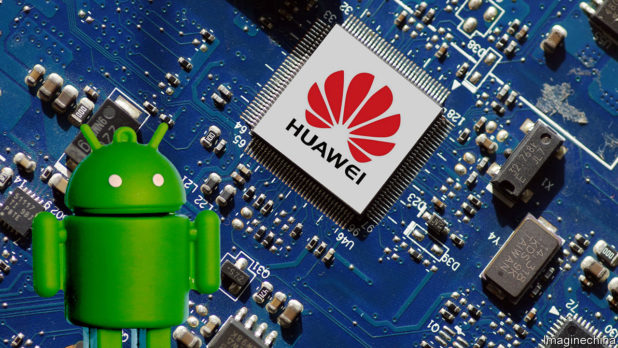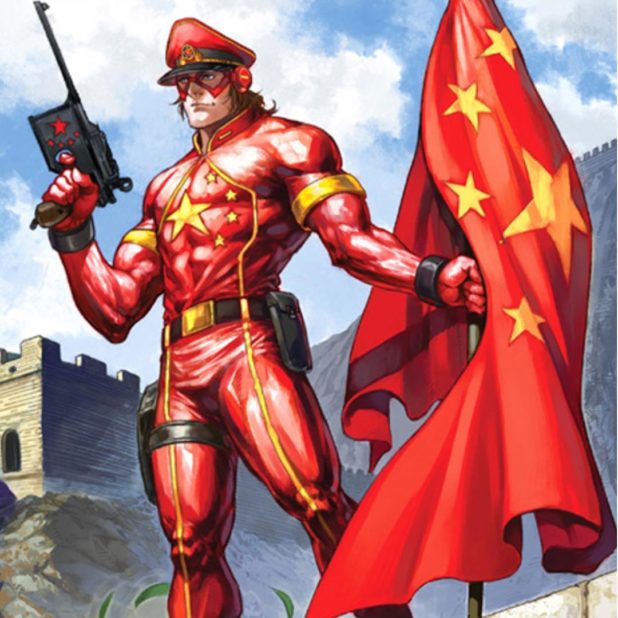Andrew Anglin
Daily Stormer
May 21, 2019
Last week, Donald Trump signed an executive order which ended up blocking Chinese companies from using Android on their phones.
They also banned the Chinese from purchasing American parts.
The US has now walked back some of the restrictions placed on the world’s number two cellphone manufacturer.
CNBC:
The U.S. government’s temporary easing of restrictions on Huawei may bring little respite for the Chinese telecommunications giant, according to analysts.
On Monday, the U.S. government announced that it will allow Huawei to purchase American-made goods in order to maintain existing networks and provide software updates to its existing handsets, though the company is still barred from purchasing American parts and components to manufacture new products without license approvals that likely will be denied.
That development wasn’t game-changing news, experts told CNBC.
“This is not going to … change overnight again in terms of the fortune for Huawei,” said Nicole Peng, vice president of mobility at independent analyst company Canalys.
“The biggest problem for them right now is the uncertainty,” Peng said, adding that Huawei’s suppliers are concerned about business continuity given their increasing reliance on the Chinese tech giant over the past year.
The latest development came on the back of U.S. President Donald Trump’s administration adding Huawei last week to a list that mandated a license for stateside companies if they want to do business with the Chinese company.
That led Alphabet’s Google to suspend business with Huawei that involves transferring hardware, software and other technical services. Bloomberg Newsalso reported that companies like Intel, Qualcomm and Broadcom will not supply Huawei until further notice.
The “snowball effect” started by Google likely “forced” the Trump administration to pull back from its stance, said Anshel Sag, analyst at Moor Insights & Strategy. He added that the current situation “looks clearly political and related to the trade war.”
This is by far the biggest card the US had the ability to play against China, and I think that’s why they walked back a little bit. Playing all your cards at once is a form of premature ejaculation.
If China is forced to employ its own operating system, and develop all of its own parts, then that will be a slump for them for a little bit but will ultimately make them a whole lot stronger – if they are able to pull it off.
Making the chips is probably not that hard. They’ve had all these factories in their country for a long time, so they can just straight-up rip them off. Creating and maintaining their own operating system is harder, but they have the open-source version of Android as a starter. All they really need to do is make their own app store, and come up with alternatives for the Google proprietary services. That’s a lot of work, but if they do it, they win big.
I have a hard time believing that the Android ban will last. But if it does, China is probably going to rise to the challenge.
The Chinese have already said that they don’t care if they lose Google services. But Huawei has a huge market in Europe.
However, remember that Huawei is providing more or less the exact same hardware as Samsung and Apple for half the price. By pulling the software, the West is hoping to keep people paying double for phones, and to clamp down on the Chinese invasion of the tech industry.
This is much higher stakes than these tariffs Trump is doing, where China has a lot of leverage.
Of course, this stuff all gets mixed together, and China might be asking for Android licenses back as part of the alleged trade deal that is allegedly coming up. I think Trump probably wants to include the issue of Iran in that deal, which is why he is getting so much support from Jews.
Who knows what the hell Trump is doing here. All I know is that Jews are supporting him, so it cannot possibly be something good that is going down.
I am comfortable with China gaining massive global influence by taking over the international tech market.
